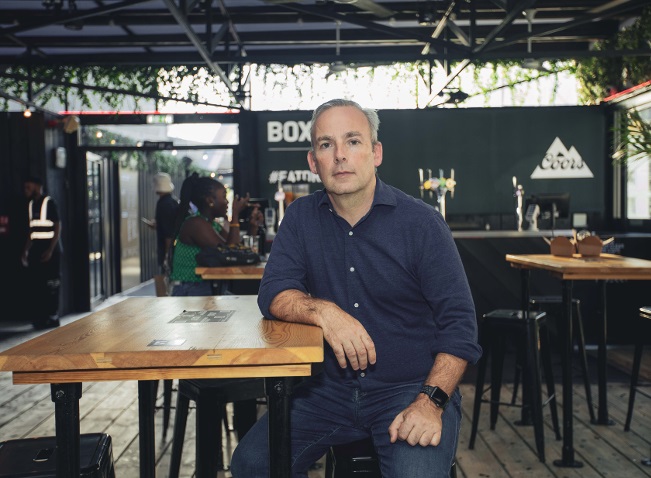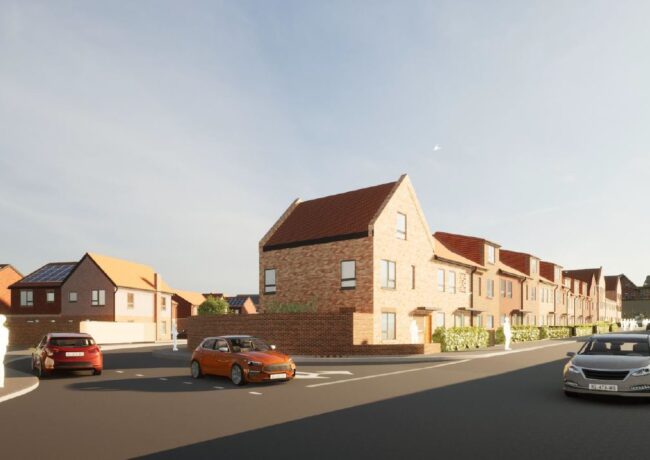NW in 2018 | No room at the inn
UK hotels have been enjoying record trading, underpinned by the recent boom in overseas leisure travel, writes Caroline Hanratty of Mills & Reeve. But can these good times survive into 2018 and beyond?
According to Deloitte’s European Hotel Investment Survey released in November, levels of investment in Manchester’s hotel sector are set to continue. The senior industry leaders who responded to the survey were optimistic about the regional hotel market in 2018, predicting growth of 1-3% in the larger cities such as Manchester. 19,000 rooms are due to be delivered across the UK in 2018 and both Manchester and Liverpool have healthy pipelines.
While operators are currently enjoying the bounce of the weak pound driving foreign tourists to the UK which has contributed to high levels of hotel trading in 2017, this year’s terror attacks in London and Manchester appear to have had limited impact on visitor numbers.
In terms of investment, investors are now much more comfortable with hotels as an asset class and they are no longer seen as an ‘alternative’ asset.
Regional occupancies have climbed back into the 1970’s since 2011 and continue to creep up, helped by the expansion in budget hotels which traditionally operate at high occupancy levels.
The wearing off of the effect of the weak pound on numbers of visitors to the UK, the large increase in the number of hotel rooms available and the slowdown in overall economic growth combined with extraordinary levels of political uncertainty are expected by many to cause growth to be significantly slower in 2018 than the last few years.
In addition, the weak pound, whilst bringing in tourists, has been creating a more difficult environment for hotel operators who face rising costs of imported goods.
Brexit has already prompted some EU workers to leave the UK and some hotels are having trouble filling jobs and facing higher costs to do so. The national minimum wage, national living wage, rising costs of supplies, high business rates and increased utility bills have all contributed to the increased costs facing operators.
Deal volumes in 2018 are expected by some to be down on 2017 levels as China limits its foreign investment and the focus is likely to be on single transactions rather than portfolio purchases.
So what will 2018 look like?
The increasingly challenging market for hotel operators means they will have to be more creative in how they operate their businesses including:
- Adapting their product to compete with the Airbnb product
- Improving cost management
- Finding ways to use their existing estate to drive additional revenue
- Looking for ways to reduce the commission they pay without alienating the online travel agents
In terms of deal structure, there will be a need for local authorities to do more to support a transaction than simply supporting planning applications by looking at the use of grants, alternative ownership structures and the use of councils’ covenant strength as well the availability of land. These factors can make a scheme viable while providing new jobs, new investment and business rates receipts for the local authority plus the potential for a wider regeneration of a site.
- Caroline Hanratty is partner at Mills & Reeve
The North West in 2018 series features guest contributors looking ahead to next year and is published throughout December.




